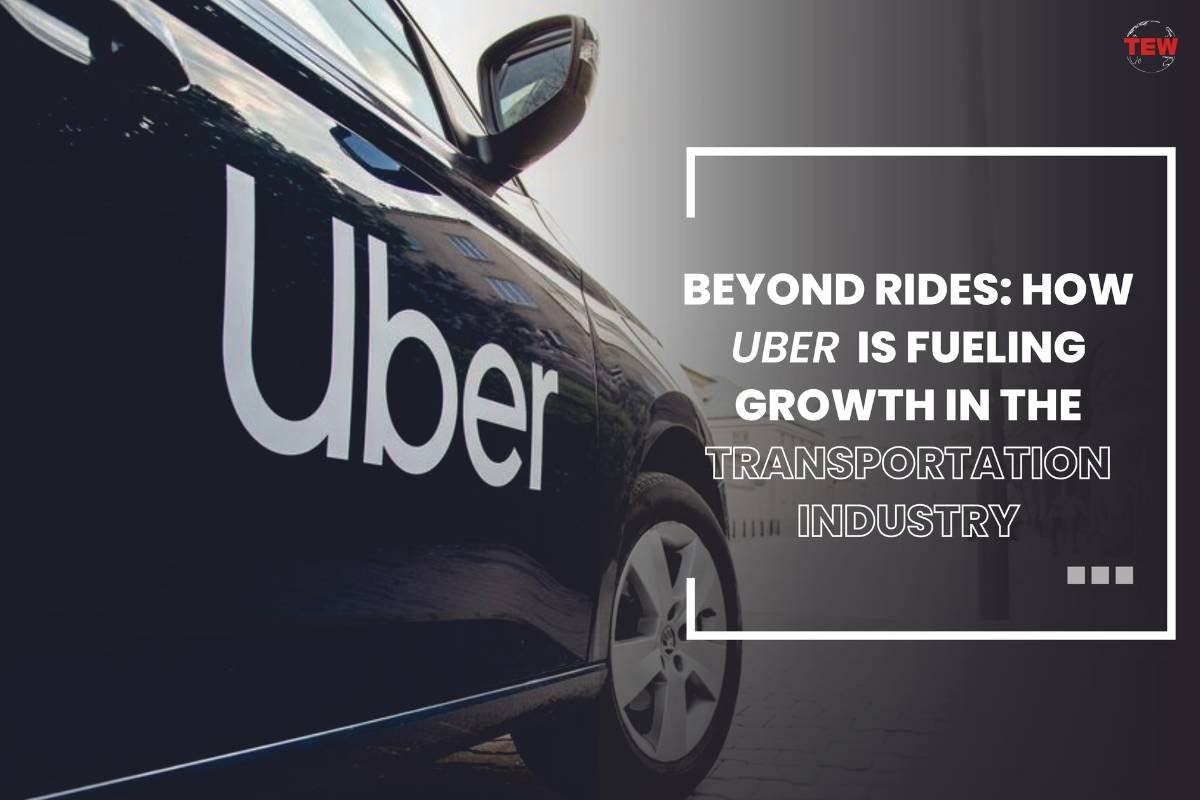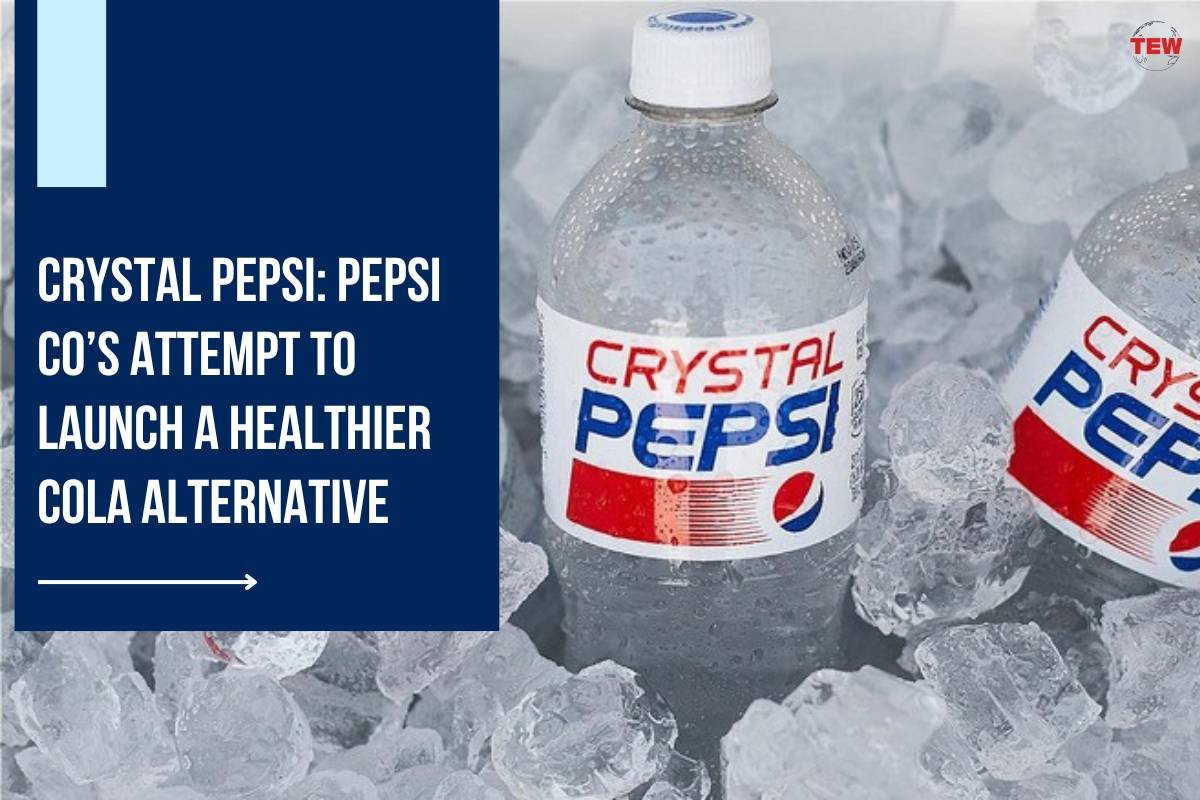Collective Restoration that Boosts Productivity and Well-being-Fika
Frank Theodore Koe
Fika is often translated as “a coffee and cake break”, which is kind of correct, but really it is much more than that.
It is a generally known fact that vacations are good for you. Proven benefits include enhanced mental and physical health and improved sleep patterns. Taking time away from work can also have a positive effect on mood while boosting energy, contributing to calming the mind and lowering the risk of heart disease. Even the act of planning a vacation you can make you feel better. Wouldn’t it be great if there was a proven way to take a daily mini vacation from the routine of work that would make life better?
The consequence of not taking time off from the repetition of work can result in burnout. This condition was officially classified in 2019 by The International Classification of Diseases (ICD), maintained by the World Health Organization World Health Organizations, as a “syndrome” acknowledging it as a medical condition. Signs of burnout include headaches, insomnia, depression, anxiety, negativity and chronic fatigue all of which can affect ones personal life. In the workplace these symptoms are associated with poor performance, lower organizational commitment and a rate of higher absenteeism. The lack of work-life balance in the US can pose real challenges.
Sadly, 212 million vacation days annually in the US are never taken. It has been engrained in managers to reward those who do not take vacations. Employees who abstain from taking days off are seen as being more dedicated and more consciousness. And there is a fear among some employees that if a vacation is taken, there is a chance of being laid off.
Others believe that they are too important to temporarily take a break from work because no one can replace them. This is commonly called the “martyr complex.” In fact, a study by Totaljobs found that 56% of American workers never take a complete lunch break. The study found that 68% of those surveyed felt that they had too much to do and could not afford to take time away from work.
Daniel J. Levitin, the director of the Laboratory for Music, Cognition and Expertise at McGill University and the author of “The Organized Mind: Thinking Straight in the Age of Information Overload, wrote in The New York Times that, “giving our brains time to wind down and think about nothing at all can provide our moments of greatest creativity and insight.”Taking breaks can not only refresh the brain but strengthen relationships. Vacations allow us to reconnect with those important in our lives.
Abraham Maslow and his celebrated Hierarchy of Needs explain the importance of social relatedness and belongingness. The need for interpersonal relationships and socialization is critical because it helps us see how we fit into the world with other people. Being able to share our stories and connect is therapeutic and contributes to a healthy outlook that offers us perspective and gives us a sense of place. Time away from the stressful pattern of work, even for short periods, help invigorate and strengthen personal bonds and contribute to increased productivity in the work place. Enter fika.
Fika (pronounced “fee-kah”), is an ingrained Swedish tradition that has been in existence for over 100 years. It means to have a daily coffee (or tea or soda) break, usually with cake or other pastries. This notion has a much broader meaning than the typical American coffee break. Fika is even written into Swedish contracts that every employee is entitled to have time to gather and socialize with other employees during the work day.
It is an opportunity to talk and exchange opinions about anything and is not restricted to company activities or personal work assignments. This act of collective restoration is similar to a brief vacation. It is time for employees to remove themselves from their prolonged focus on work and offer their mind a chance to reset. Companies such as Volvo and IKEA have embraced fika for many years.
According to John Duxbury, editor and founder of SwedishFood.com, “fika refurbishes the brain and strengthens relationships. And it makes good business sense: firms have better teams and are more productive where fika is institutionalized.” It is the act of recharging and slowing down for a short period of time. In American culture, self-care ranks very low on the list of personal priorities. Keeping ones ‘nose to the grindstone’ is something that is reinforced and encouraged. This constant and continual push to produce can have a reverse effect on productivity and creativity and lay the groundwork for burnout.
We have all had fika moments. It can happen when we are engrossed in a task for several hours that requires our undivided attention and then move away from it. After a break, we return to the task with a fresh perspective and better poised to make constructive changes or edits to our work.
Fika also contributes to improving social capital. Through the ritualized and relaxed fika experience, trust and cooperation are built through a network of shared values, employee engagement and inclusion. Socially connected and motivated people are more apt to be innovators and stand a better chance of improving a company’s products or services.
Taking pauses to distance ourselves from work can be useful in restoring a sense of wellbeing while refreshing our minds so the time we do spend at work will be more productive and enjoyable. Although the Swedish tradition of fika may be difficult to implement in all business environments throughout the world, finding creative ways to construct breaks that go beyond grabbing a cup of coffee and returning to a desk may be useful. Its benefits can enhance bonds between employees and translate to improved morale and a more constructive work environment.





